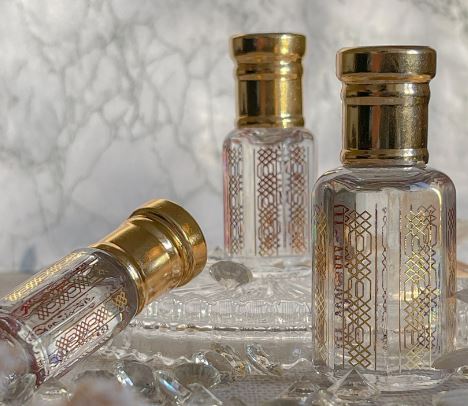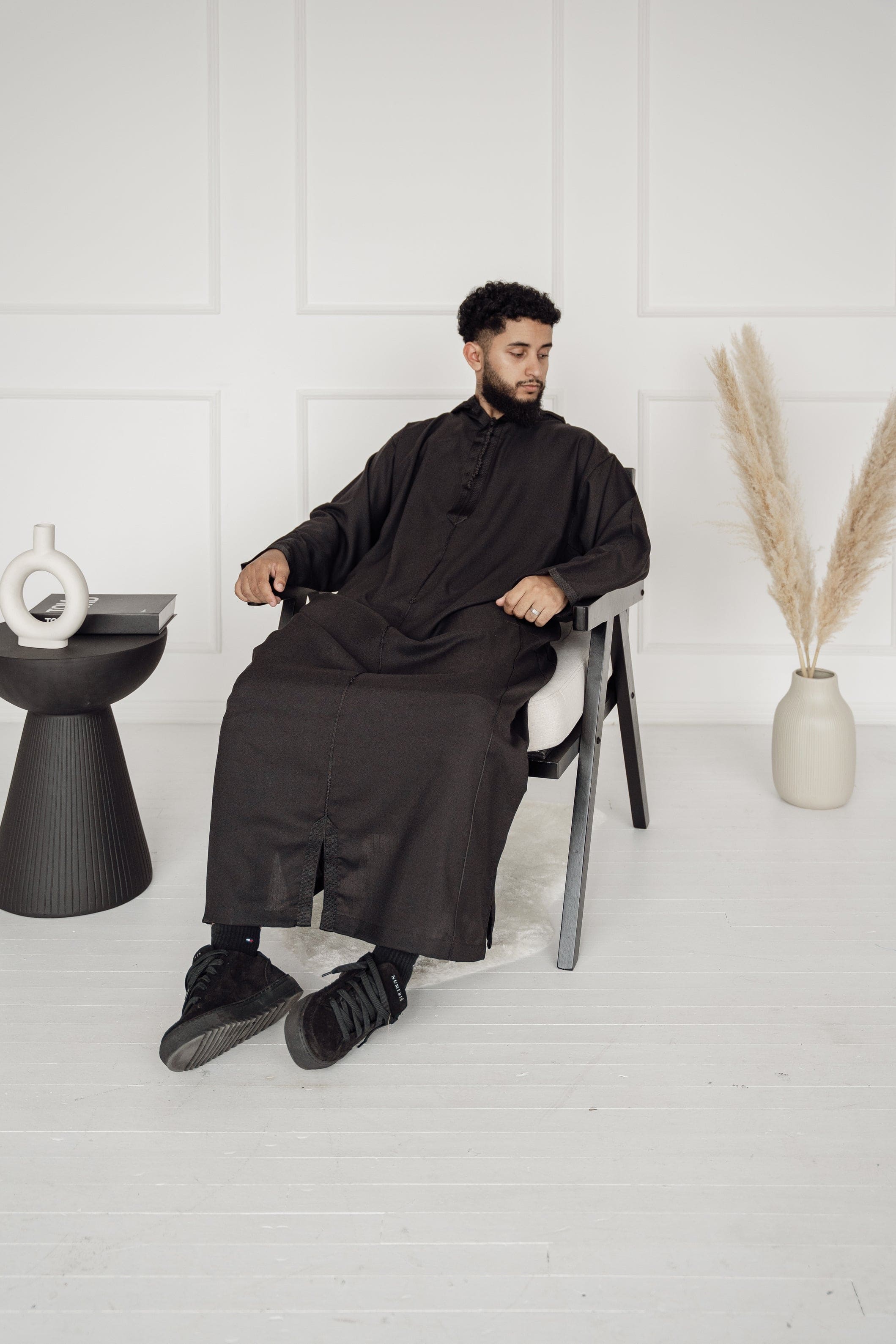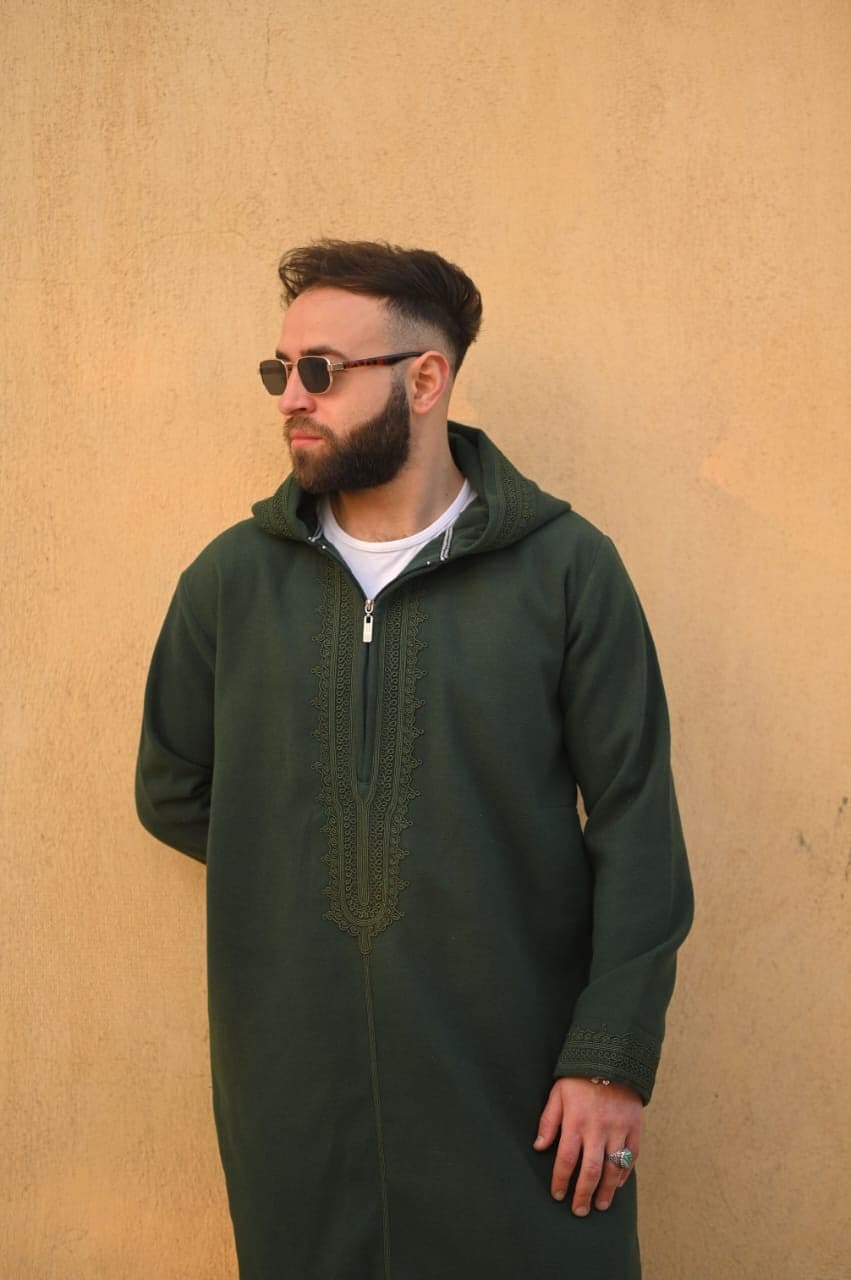Perfume holds great symbolic and spiritual meaning for Muslims, both culturally and religiously. Fragrances commonly known as attar (in Arabic) or itr (in Turkish), have long been used by Islam as an act of personal care, spiritual devotion and cultural expression.
Why Muslims Prefer Perfumes in the United Kingdom?
One reason Muslims enjoy perfume so much is Islam's strong emphasis on cleanliness and personal hygiene. According to Muhammad's teachings, cleanliness is half of faith - so Muslims strive to maintain a high standard of personal cleanliness; fragrant perfumes play an integral part in this effort and increase purity in oneself by amplifying one's personal cleanliness. Perfume should not simply be seen as luxury but seen as part of this practice and should enhance one's personal purity rather than be considered simply a luxury purchase.
Islam places great value on beauty and elegance, and Prophet Muhammad himself appreciated great fragrances. According to Islamic tradition, a suitable perfume for men was one whose scent could be noticed while its colour remained concealed; thus emphasising subtlety and modesty in fragrance use. Muslims, therefore, embrace using perfumes with pleasant yet subtle scents that leave a pleasing and pleasant fragrance behind.
Perfume plays an integral part in Islamic rituals and practices. Muslims using ablution (wudu) before praying are encouraged to use pleasing-smelling substances, including perfume, during their cleansing rite. This tradition stems from their belief that approaching prayer with aromatherapy helps heighten one's state of mindfulness and spiritual awareness - fragrance becomes an effective means of preparing oneself mentally and spiritually for worshipping.
Muslim perfume lovers also embrace perfume during special events and social interactions, with Prophet Muhammad once declaring, "Whoever has eaten from these onions or garlic should come with us to the mosque." This hadith underscores a consideration for others' personal scent, encouraging the use of perfumes to mask any offensive scents that may irritate others around.
Culturally, perfume use has become an art form in many Muslim-majority societies. Perfume oils favoured over alcohol-based sprays for their longevity and depth are prized cultural practices; while crafting and selecting perfumes to meet individual preferences has become a cultural treasured practice.
Conclusion:
Islam emphasises cleanliness, personal care and spirituality through perfume use; therefore its appeal to Muslims runs deep within its teachings. Perfume not only enhances personal hygiene but can also serve as an expression of culture and spirituality that enriches their lives while linking them with a tradition spanning centuries. Buy one for yourself from our ouds collection.



